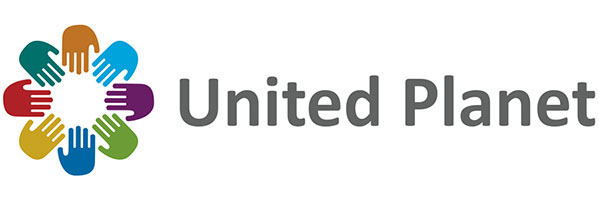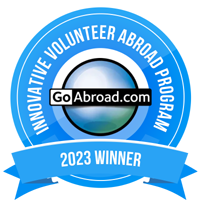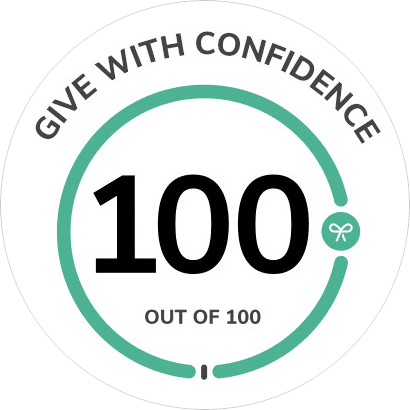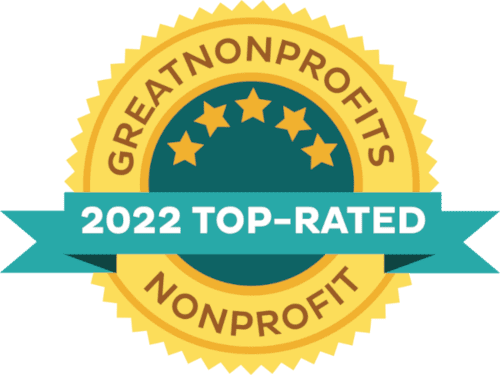To solve our global problems, we need to find the Cultural Key
by David Santulli, United Planet Executive Director
As global citizens embarking on another year, we find ourselves face-to-face with many of the same old challenges: global poverty, gender inequality, high child mortality, poor healthcare, environmental degradation — as well profound unrest in Afghanistan, the Congo, the Middle East, and beyond.
Why have we made so little progress on these issues that threaten billions of people? What are we missing? How can we find a way to create lasting change?
I would say that we need to reframe our outlook, and our vocabulary, to simply this: We face global challenges. The keys words: “global” and “we.” The problems facing us are not confined to a country, a religion, a gender, a race; they face everyone on the planet. And as such, they require international solidarity and teamwork from all of us. We cannot be defined and restricted by the smaller things that define us; our world is too interconnected and interdependent.
Easy enough to say; how do we move forward? How do we find a way to understand, respect, and support one another?
We must find the cultural key. The cultural key unlocks cooperation at a transnational level—a level where we can address the devastating challenges that threaten our world.
This is a key that cannot be found in any one country, in any one culture, in any one people. Rather, it can only be found by assembling—gluing together—the most profound pieces of cultural wisdom from every country.
This process takes deep reflection—no matter where we stand in the world.
To begin: How can we determine why we are the way that we are? So much shapes us. It depends on where and how we grow up. Our cultures are shaped by the experiences of our ancestors, their lifestyles, and their history.
While living and working in Japan, I gradually appreciated what factors formed their culture and their character – and mine. Throughout Asia, largely agrarian societies have depended on rice for centuries. Rice has particular characteristics: unlike other crops, it cannot be cultivated by one farmer or one family. A rice field extends throughout the land of many farmers, and requires constant irrigation. Irrigation canals can only reach individual farms if they pass through the properties of other farmers. Rice cultivation is a community effort. This is called “ta-ue” in Japan.
Survival depended on maintaining strong relationships within the community. Necessity shaped the culture and the way people interacted; and shaped the values within the society. In Japan, respect, consensus based decision-making, and generosity are elemental. One Japanese proverb says: the nail that sticks up gets hammered down. Individual desires and needs were suppressed so the needs of the community could be served. If one farmer tried to take too much water, other farms would suffer.
By contrast, in Europe, individuals prevailed earlier. During the Renaissance and the Industrial Revolution, the highest achievements of society were not done by the many, but by the few. Paintings and sculpture celebrated individuals. In the West, people dominated nature, nature did not dominate people. Competitiveness, individualism, and industriousness were celebrated.
In all countries, the way we lived influenced the way we built relationships. But individual countries no longer live in isolation; we are exposed and intermingled. Problems facing our world extend beyond boundaries; they are transnational in scope. The “environment” covers the globe, and cannot be cleaned up in one corner; conflict passes borders with a simple airline flight. We are one planet more than ever in our history – and there is no going back from that.
If we hope to live in peace as a global community, then, we must unlock and share the secrets of each culture. We must start by acknowledging that each culture has something to share. We must accept that “we” are not better than “them”; we are just different. We must explore other cultures so that we can extract the best parts of each, and bring that into our own sense of being—into a greater global culture.
Make no mistake: we don’t need to abandon our own cherished cultures, and let it dissolve into a great melting pot. Rather, we need to create a global mosaic in which each piece—each culture—is recognized, celebrated, and intertwined with others.
In today’s changing world, we need to take the best from the East and the West (and elsewhere) and find the best solutions to our problems. We can learn from cooperation –and competitiveness; individualism, creativity and innovation –and consensus-building; nature –and humans.
Each culture holds a piece of the key; the lock can only be opened when the pieces are brought together. When this is done, the full landscape of our cultural wisdom will become apparent—as will the path to overcoming the impossible and reaching our fullest global potential.
This new year, I urge you to resolve to find a cultural key. Reach out, learn, and share about your culture and the culture of others. Through doing so you will discover our common human heritage.
As a united planet, anything is possible.

ABOUT UNITED PLANET
United Planet is a non-profit organization with a mission to create a global community, one relationship at a time. Established in 2001, United Planet offers volunteer abroad, virtual internships, internships abroad, gap year volunteering, and global virtual exchange in more than 40 countries.




